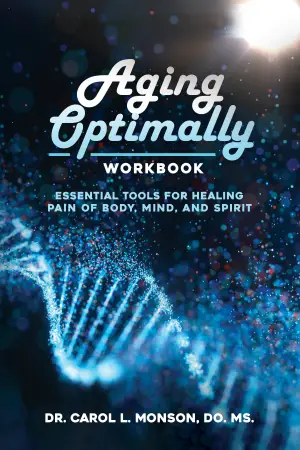I recently finished Get Out of Your Mind and Into Your Life by Steven C. Hayes, and I must say it’s a book that really stands out in the self-help genre, particularly for those looking to navigate life’s challenges through Acceptance and Commitment Therapy (ACT). As someone who often grapples with similar issues of anxiety and overthinking, I was drawn to this book because it promised a fresh perspective on mental health struggles—one that emphasizes acceptance over avoidance. I was intrigued by the idea of focusing on values rather than trying to control or eliminate thoughts and feelings.
From the get-go, Hayes captivates with his compassionate approach to mental health. He teaches us that pain is a universal part of the human experience—what truly causes suffering is our futile attempt to avoid or control that pain. I appreciated this philosophical shift, particularly as one reviewer, Alguien, emphasized how Hayes’ techniques helped him confront his obsessive thoughts instead of being reactive. This resonated with my own desire to live more proactively rather than letting my mind dictate my choices.
The book is rich with actionable exercises aimed at fostering mindfulness and self-acceptance. The analogies are relatable and effective; I found myself nodding along as the author elucidates concepts that I’d previously struggled to grasp. One standout feature of the book is its focus on identifying your core values and committing to them. This method not only encourages readers to acknowledge their struggles but also empowers them to devise meaningful actions based on what truly matters to them. Many readers have noted how this approach can lead to transformative experiences, even stating that it’s life-changing.
However, not everything felt perfect. A number of reviews mentioned that while the concepts presented are invaluable, the writing style can sometimes veer into repetitiveness, making it a bit tedious at times. I certainly felt this during my read. There were moments where I found myself longing for a more concise delivery. Similarly, some readers expressed that certain exercises felt bland or uninteresting; I have to agree that while the theory is robust, applying it through exercises can vary in engagement level.
Another drawback is the mixed feedback regarding readability. From my perspective, the language is generally accessible, yet I can see how some passages may feel heavy or convoluted to others. At times, I had to reread sections to fully grasp the ideas. This didn’t detract too much from my overall experience, but I can imagine it could be off-putting for a reader who prefers a more straightforward presentation.
One detail from the official book description resonated with me deeply: “ACT is not about fighting your pain; it’s about developing a willingness to embrace every experience life has to offer.” I found this not only enlightening but also liberating. It pushes against societal narratives that demand we constantly suppress negative emotions, instead advocating a more compassionate acceptance of them.
In conclusion, I would recommend Get Out of Your Mind and Into Your Life to anyone looking to explore a novel approach to mental health, especially if you’ve found traditional cognitive behavioral methods only partially satisfying. The book’s strengths undoubtedly outweigh its weaknesses, and I believe its teachings have the potential to resonate and provide real value in the long run.
Overall, I’d rate this book a solid 4.5 out of 5 stars. While not perfect in execution, the insights imparted and the practical applications make it a worthy companion for anyone on the path to a more fulfilling life. If you’re ready to tackle the complexities of your mind with a new lens, then this could very well be the book for you.








